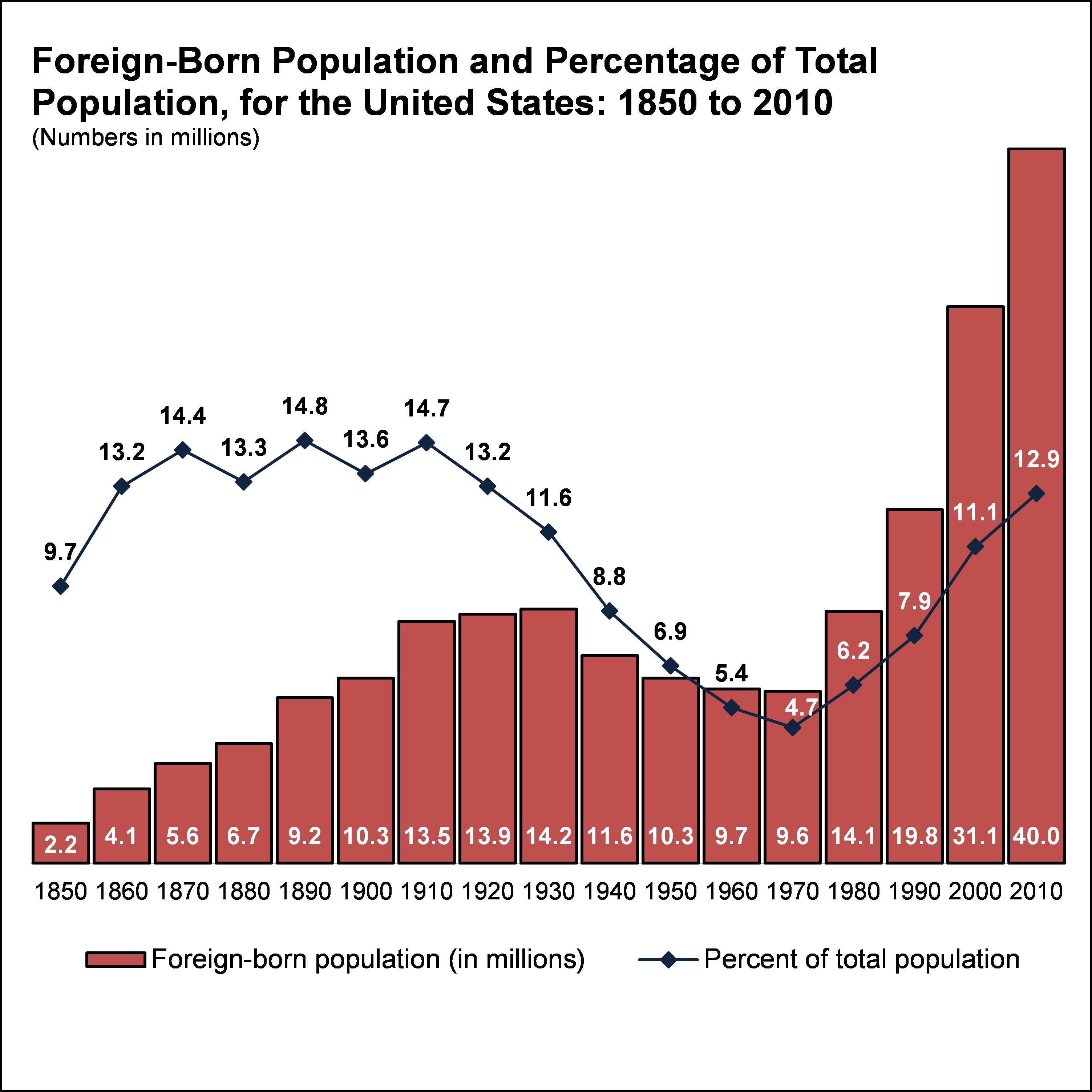The FBI is investigating whether a top Russian banker with ties to the Kremlin illegally funneled money to the National Rifle Association to help Donald Trump win the presidency, two sources familiar with the matter have told McClatchy.
FBI counterintelligence investigators have focused on the activities of Alexander Torshin, the deputy governor of Russia’s central bank who is known for his close relationships with both Russian President Vladimir Putin and the NRA, the sources said.
It is illegal to use foreign money to influence federal elections.From Reason:
Adam Kokesh, longtime anarcho-libertarian activist who first came to public prominence with Iraq Veterans Against the War in 2007 and was later a big Ron Paul supporter, today filed the paperwork necessary to officially seek the U.S. presidency. He is hoping for the Libertarian Party's presidential nomination.
He also had his RV pulled over twice by Texas police, and was arrested the second time.
BUT ARE THERE MODELS?
Countries and dependencies without legal political parties.
- Bahrain — Political "parties" are banned, but political "societies" are allowed. The media, however, usually refer to these formations as "parties".
- Christmas Island
- Cocos (Keeling) Islands
- Falkland Islands
- Guernsey
- Kuwait — Political "parties" are not not legally recognized, but political blocs are allowed. The media, however, usually refer to these blocs as "parties".
- Federated States of Micronesia
- Norfolk Island
- Oman — Political parties are banned.
- Pakistan — Political parties are banned in the Federally Administered Tribal Areas.
- Palau
- Pitcairn Islands
- Qatar — Political parties are banned.
- Saint Helena, Ascension and Tristan da Cunha
- Saudi Arabia — Political parties are banned.
- Tokelau
- Tuvalu
- United Arab Emirates — Political parties are banned.
- Vatican City State
Federalists (die off by 1816) v. Democratic-Republican Party (also called "Democratic-Republican" or "Jeffersonian Republican").
Second Party System: 1828–1854
Democrats v. National Republicans, then Whigs
Third Party System: 1854–1890s
Democrats v. Republicans. The Democratic coalition includes pro-business Southern Democrats, traditional Democrats in the North and Catholic immigrants, among others. The Republican coalition consists of businessmen, shop owners, skilled craftsmen, clerks, and professionals.
Fourth Party System: 1896–1932
Domestic issues changed to government regulation of business and banking, the tariff, the role of labor unions, child labor, political corruption and reform. racial segregation, women's suffrage, and immigration. The nation shifts from rural to urban, from mostly native-born to immigrant stock.

Fifth Party System 1932-1968 (?)
New Deal Coalition. African-Americans, union members, and ethnic and religious minorities, city dwellers, "the Solid South." Republicans have the leftovers.
Afterward?
There was an Ath Talk last Thursday by legal scholar Jeffrey Toobin. One of the points he raised was the political disposition of some Supreme Courts despite the nonpartisan framing of the Supreme Court. I'm curious what the Framers' prescription was to isolate the Court from party vice beyond having Justices serve for life. Here's a currently relevant case: (Trump V Hawaii)
ReplyDeletehttps://www.economist.com/blogs/democracyinamerica/2018/01/travelling-ban